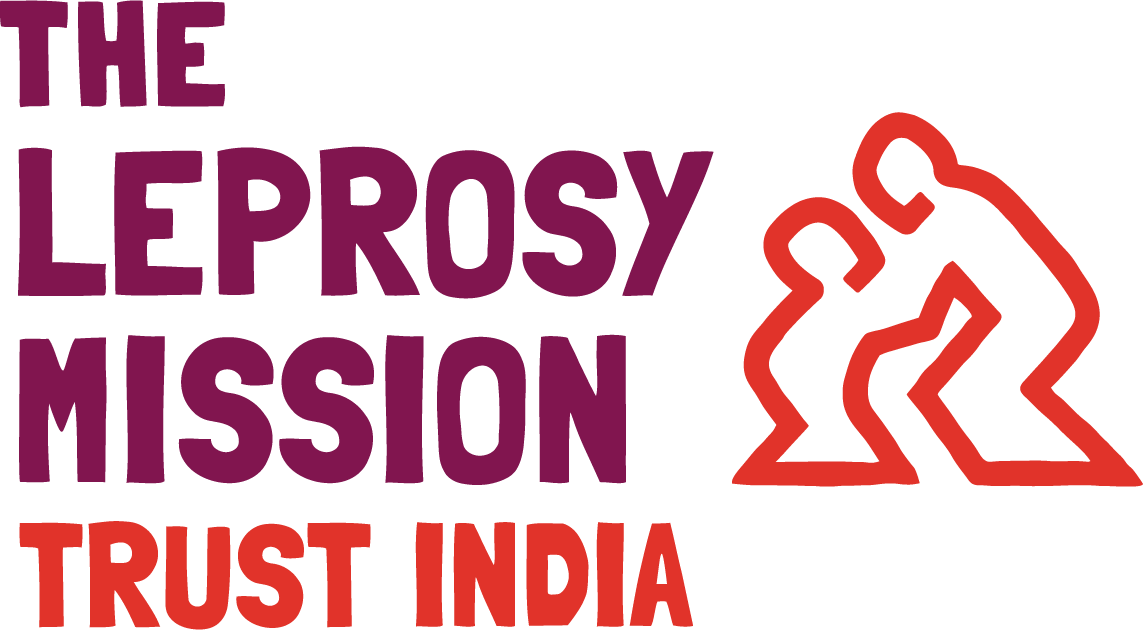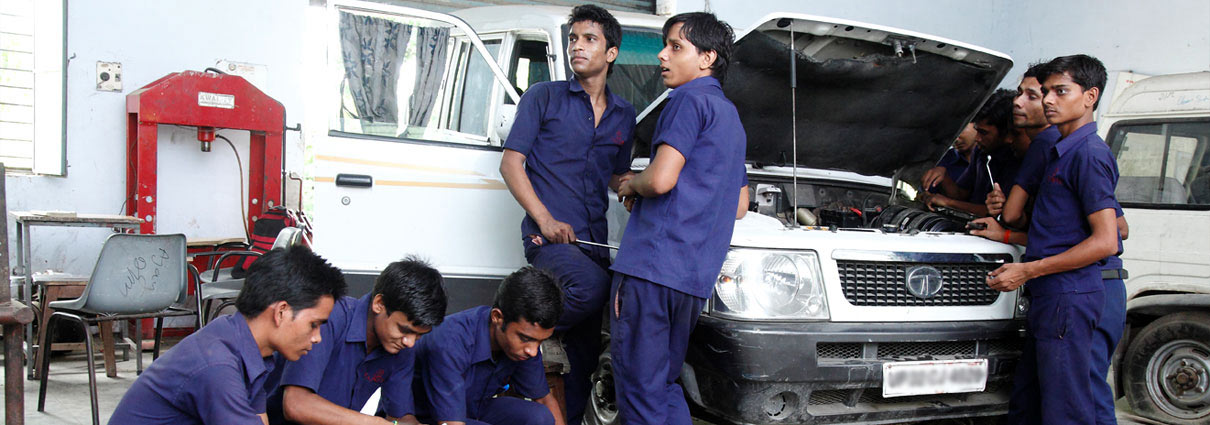Skills Development
Skills are essential for gainful work. To equip young boys and girls affected by leprosy/disability with work skills, The Leprosy Mission Trust India (TLMTI) conducts Vocational Education programme through its vocational training centres (VTCs) spread across six states. VTCs impart technical skills training in trades recognised by the National Council for Vocational Training (NCVT), and the State Council for Vocational Training (SCVT). These trades are selected based on market demands. In order to keep the students abreast of the latest technology in their chosen trade, the curriculum is updated every year with inputs from the industry. Instructors are sent for regular training, and in-plant practical training programmes are organised for students.
Some of the NCVT/SCVT courses conducted by TLM VTCs are: diesel mechanics, motor vehicle mechanics, computer operator and programme assistant (COPA), welding, cutting and sewing, and electronics.
For students who wish to pursue skills training in courses not available in its VTCs, TLMTI facilitates admissions in skills training institutes that have courses of their choice. Such institutes are sensitised to the needs of students affected by leprosy/disability, and TLMTI undertakes periodic visits to such institutes to monitor the training.
For students who do not meet the educational requirements, TLMTI provides vocational training under Jan Shikshan Sansthan of the Ministry of Skill Development and Entrepreneurship, Government of India. These courses include tailoring, welding, computer operations, silk weaving, mushroom cultivation and mobile repairing. Most of these courses are governed by local needs.
Besides imparting training through its VTCs, TLMTI provides skills training to rural communities under its Community-Based Vocational Training (CBVT) programme. This caters to the needs of married women, young girls and boys who are unable to benefit from the institution-based training because of family commitments. These trainings are organised in collaboration with local communities. The communities help in identifying not the trade for training and the potential trainees and also provide the necessary logistical support, such as space for training, accommodation for instructor and access to loan/grants.
Besides providing quality technical skills, the Vocational Education programme provides holistic development of students through life skills, disability prevention, and management programmes. The life skills programme aims to develop self-esteem and self-confidence of students coming from vulnerable backgrounds. The programme focuses on issues that promote gender equity. The students are capacitated about their rights and duties. Entrepreneurship and business skills are also a key component of this programme. The Disability Prevention and Management programme equips students affected by leprosy/disability in preventing further impairments and disabilities. It also equips them for achieving optimal independence in activities of daily living.
The VTCs maintain regular contact with their graduates even after they are employed, and support them to grow professionally. Formation of alumni associations is an important aspect of the programme, and this enables graduates to remain in touch with their colleagues and support each other.
In a year, around 800 students affected by leprosy/disability are trained at TLMTI’s VTCs. Around 2,500 individuals marginalised due to leprosy, disability or gender benefit from its community-based vocational training.


